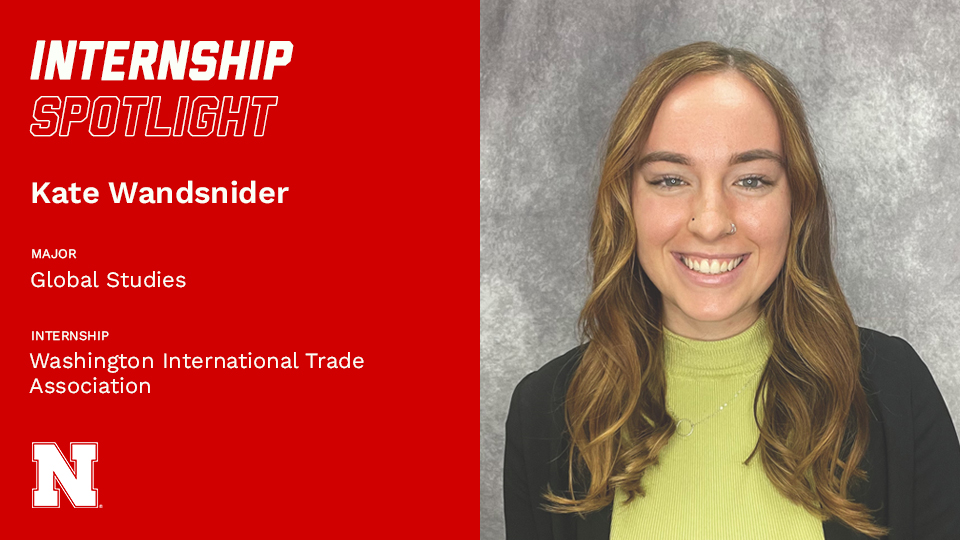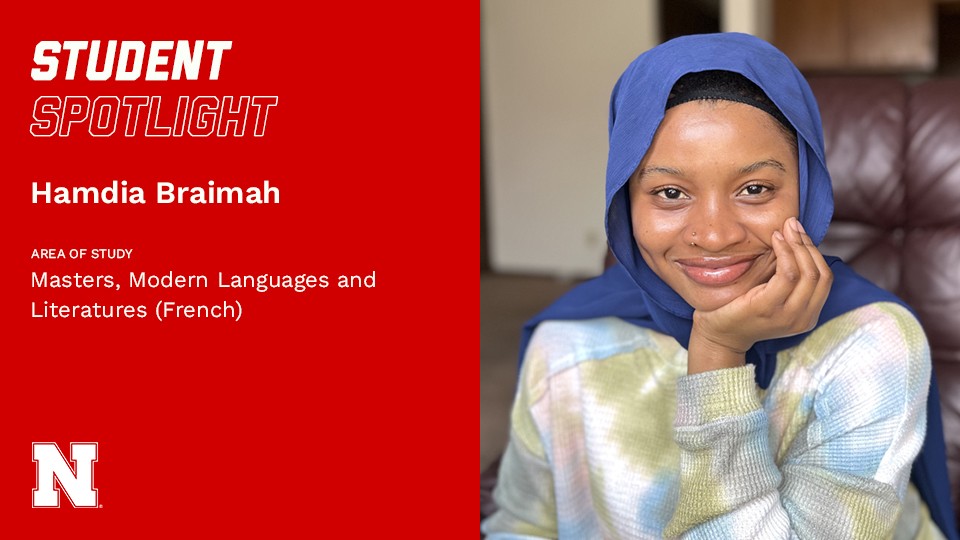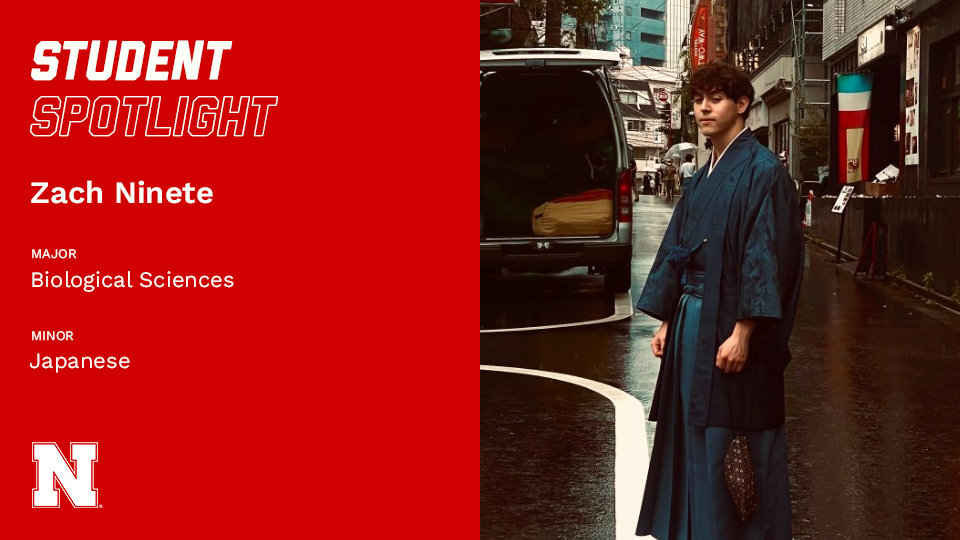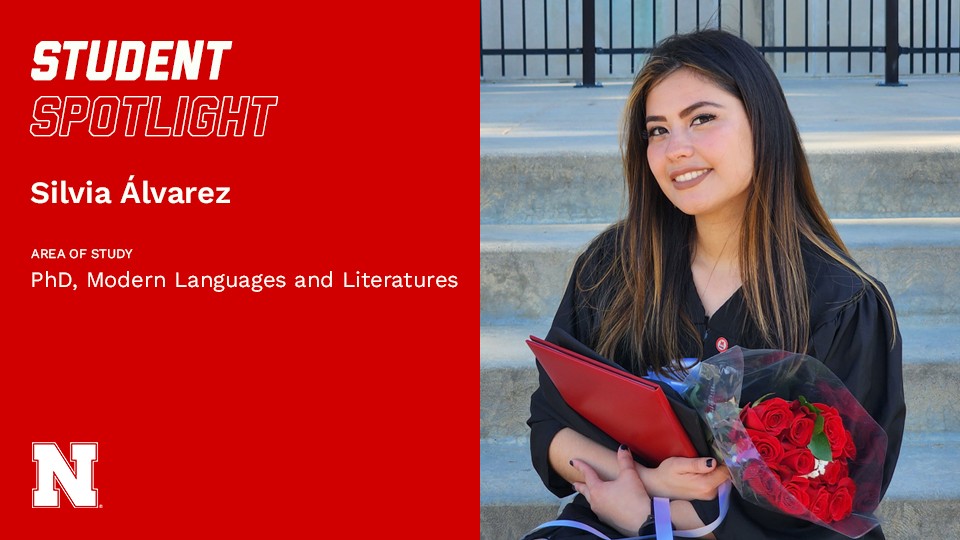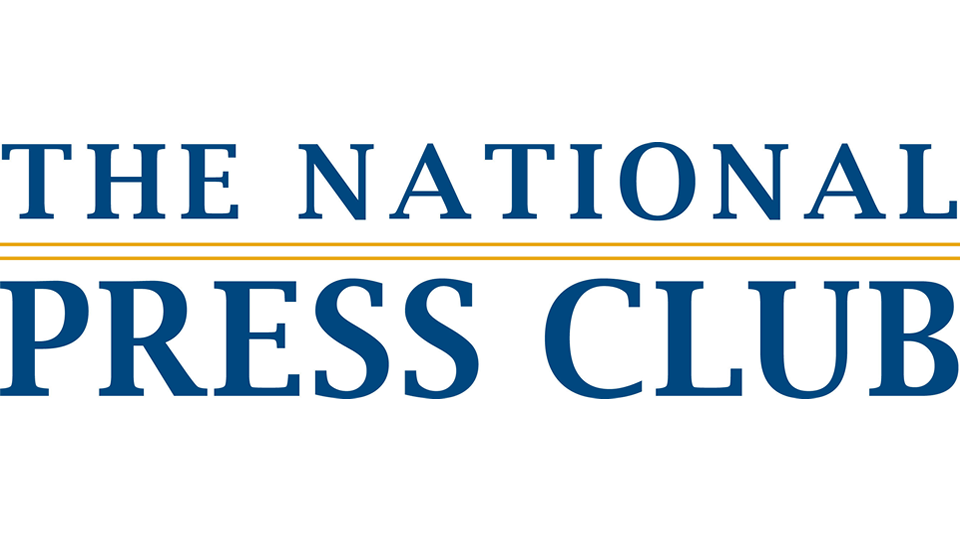
Patty Simpson, chair of the Department of Modern Languages and Literatures and professor of German, attended the rollout of the American Academy of Arts and Sciences report on the study of languages in the United States at the National Press Club. Here's what she wrote about the experience:
On the morning of February 28, the American Academy of Arts and Sciences released a report on the study of languages in the United States. In response to a bipartisan request from members of the U.S. Senate and House of Representatives to conduct a significant study on languages. The Commission on Language Learning, chaired by Paul LeClerc, the Director of the Columbia University Global Center in Paris and a scholar of Voltaire and the French Enlightenment, led the national effort to investigate the status of language use and instruction in the country.
It was such an honor to be present at this momentous event. I’m so grateful to Joe (Dean Joseph Francisco) for the invitation and honored to represent Nebraska in our collective efforts to understand the importance of learning languages everywhere, especially in the heartland.
At the National Press Club, a panel of distinguished experts presented the results and recommendations of the study, the first of its kind in thirty years. In short, the eighteen-month study concluded that most Americans monolingual. To be competitive, the United States needs to increase access to learning languages for every age group and in all regions.
It is about economic competitiveness and strategic importance and national security, but it is also about knowledge, our histories and heritages, and the connections among languages and cultural identities within and beyond our borders. The results of the report only highlight how urgent our work is.
“America’s Languages: Investing in Language Education for the 21st Century” produced these key findings: knowledge of a language besides English is critical to success in business, research, and international relations; to accommodate demographic changes, the U.S. needs people who speak other languages to provide social and legal services; the study of another language has been linked to improved cognitive abilities and the development of empathy and interpretive ability, and also to the delay in manifestations of the aging process; the U.S. is behind most nations in the percentage of its population that can speak more than one language; there is a national shortage of qualified teachers; technology plays an increasingly important role in language education; finally, the report acknowledges the distinct status of Native American languages and the importance of teaching them.
What struck me the most was that 44 states and the District of Columbia report shortages of qualified language teachers. We are training students to achieve that level of expertise here in MLL and hoping to contribute to efforts at meeting those acute needs. We have so much to contribute. We can’t afford to fail.
The Commission’s recommendations include increasing the number of qualified world language teachers at every level and in every state; supplementing language learning through public-private partnerships; supporting heritage languages already being spoken in the U.S.; working toward support for Native American languages; and providing further opportunities for students to be immersed in other cultures and multilingual environments.
During the discussion period, I posed questions about the broader impact of the study and possible metrics of success.
The findings are so comprehensive, and they highlighted such systemic problems, among them the shortage of funding and a cultural climate that staunchly defends the solitary use of English—I wanted a take-away, a good place—I was looking for hope. That struck a chord with one of the panelists. He heard ‘hope’ and assured us all that mono-lingualism is ‘a curable disease.’ For me, this study is like the Sputnik of our generation. We have the expertise and energy in MLL to be part of the solution. We are now part of a national conversation about the relationship between languages and cultures—and we contribute to that conversation in many languages.
AAAS president Jonathan Fanton announced the beginning of a campaign to “lead with languages.”
Sign me up. During the open discussion, I let them know I’d be borrowing ‘lead with languages’ on our webpage. With proper credit, of course.
